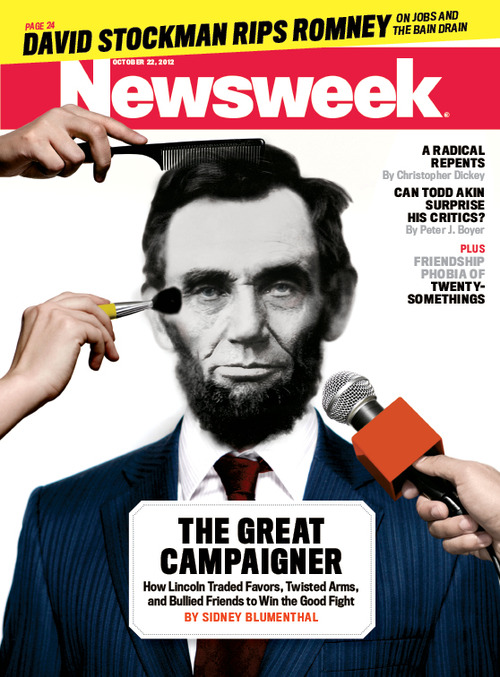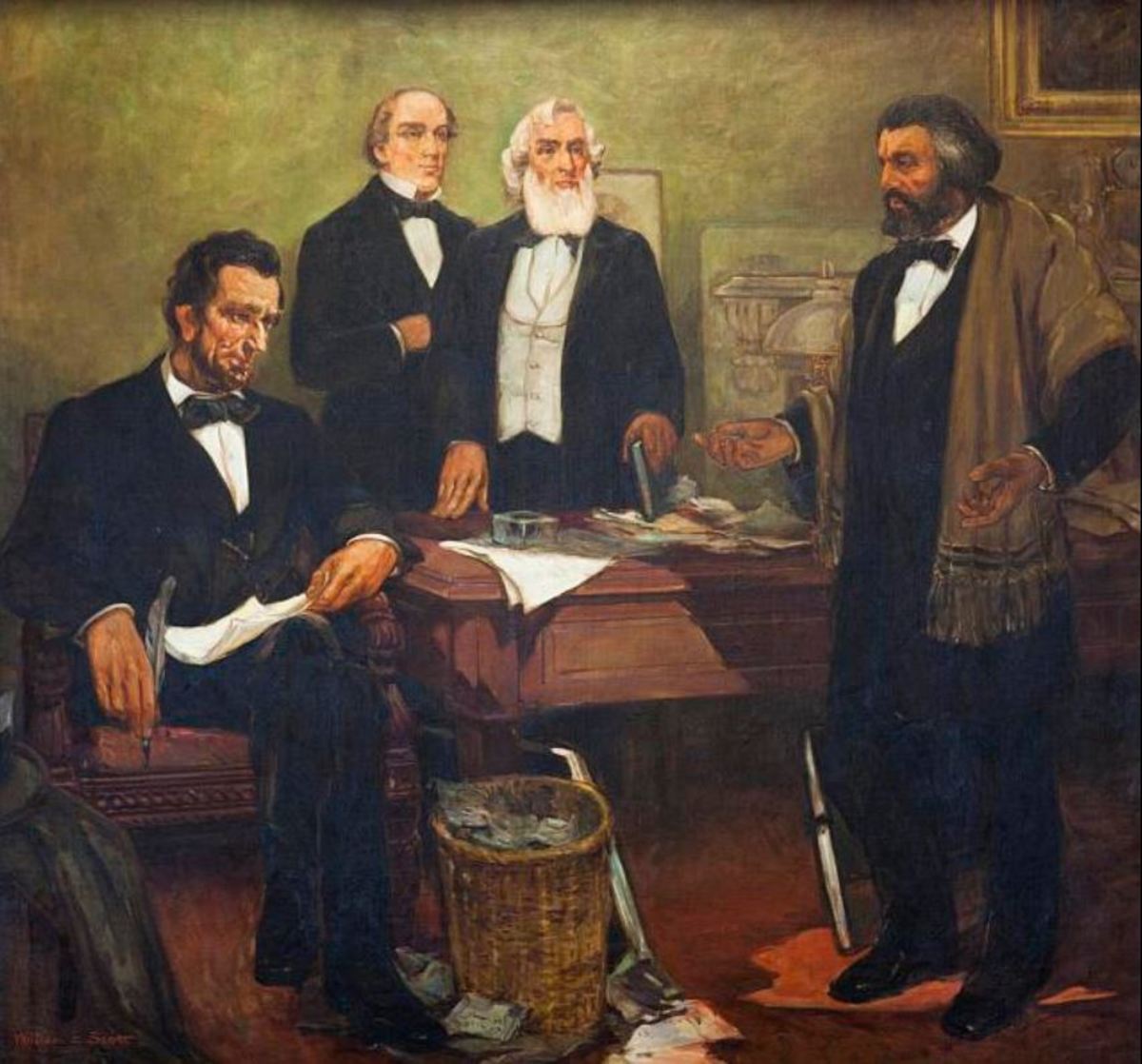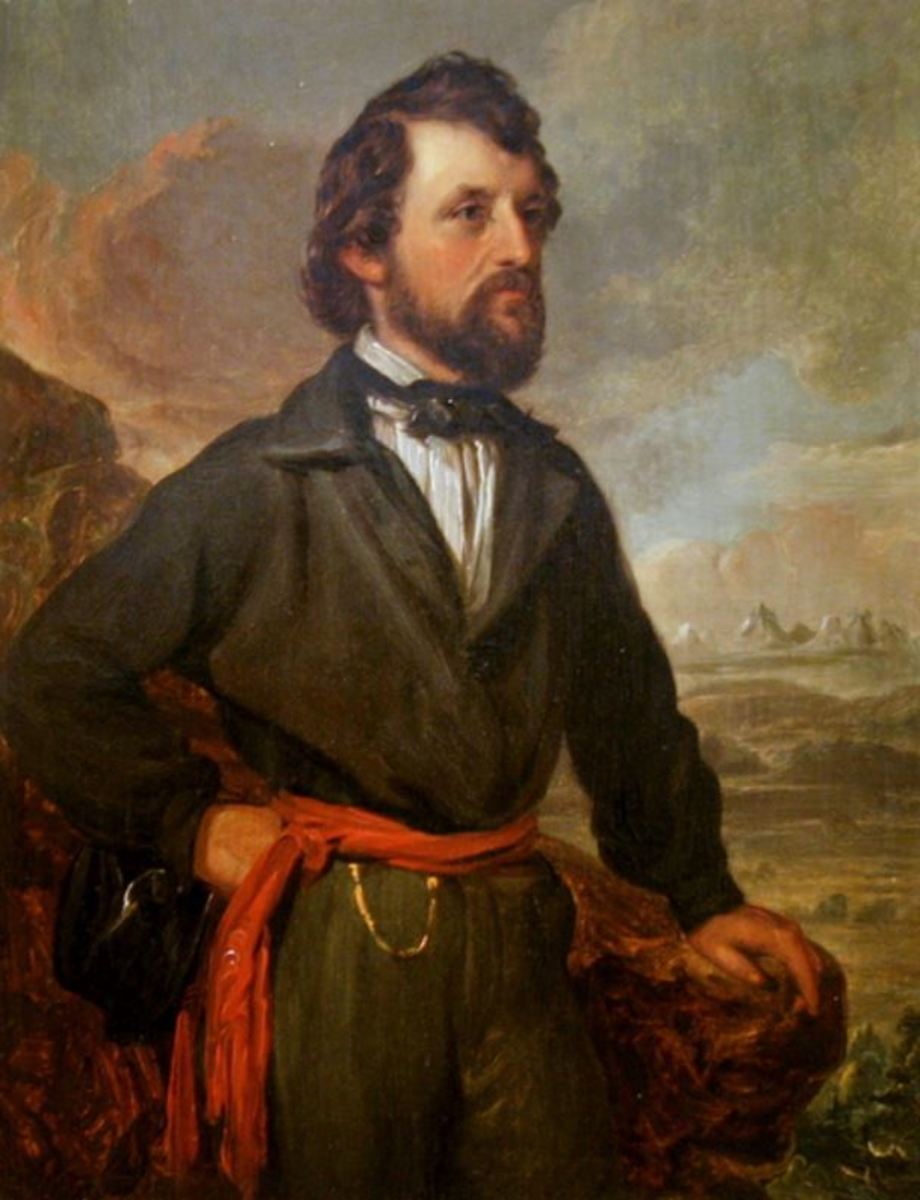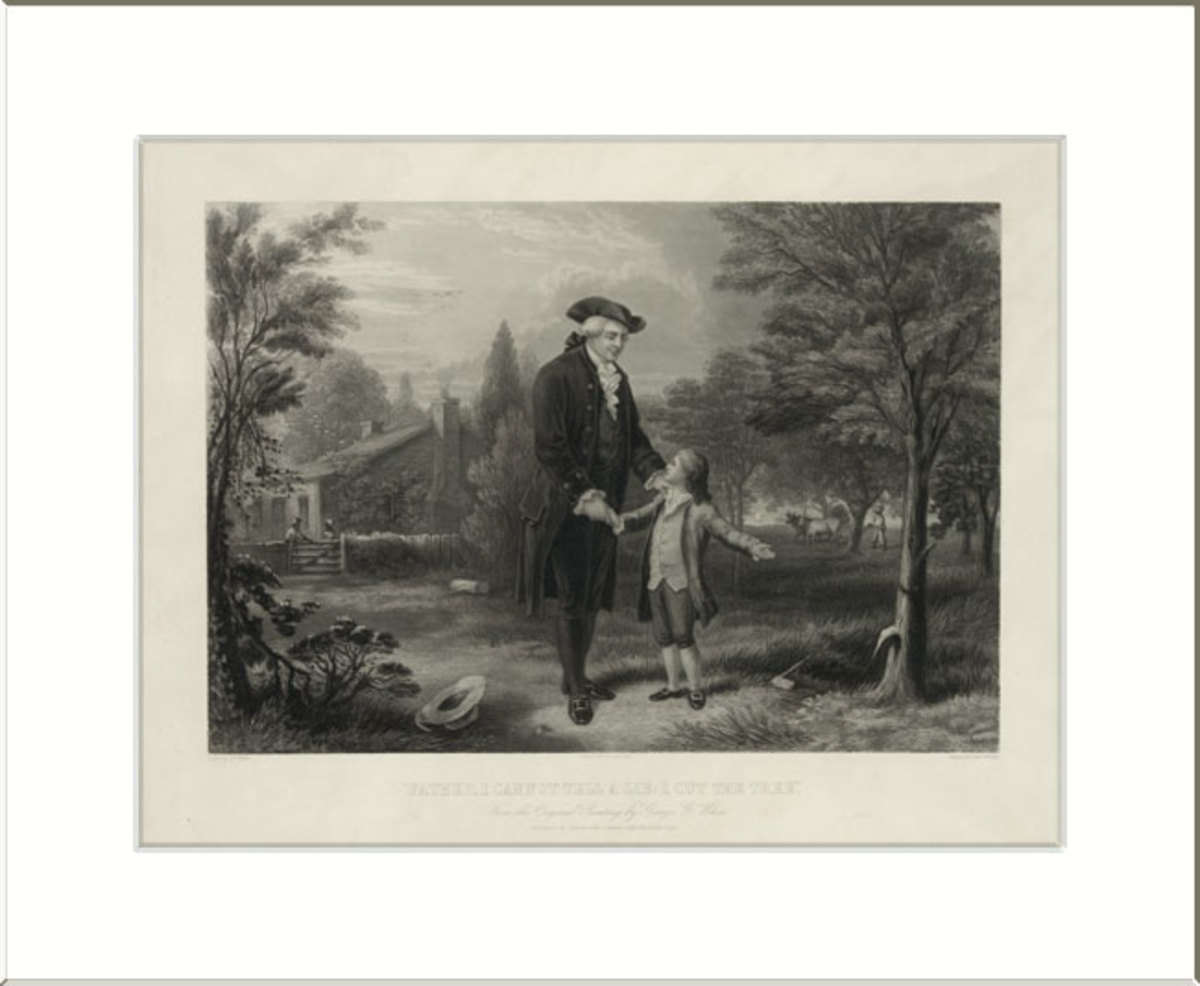- HubPages»
- Education and Science»
- History & Archaeology»
- History of the Americas
Abraham Lincoln, the 13th Amendment, and the Game of Politics

Books Related to Topic
Can President Obama be More Like President Lincoln?
In recent years, Abraham Lincoln has been getting even more attention than normal. In 2009, we celebrated the 200th anniversary of his birth. This year was the 150th anniversary of the issuing of the Emancipation Proclamation. Next month, shortly after the election, Steven Spielberg’s latest film “Lincoln” will be released. And as should be done with all historical icons, Lincoln was recently portrayed on film as a vampire hunter. So he ended the Civil War, freed the slaves, and even took on vampires. That is a tough resume for any future president to match. Only George Washington, in fact, has a name that is on the same plane in American History as Abraham Lincoln. More than anyone else, they have been mythologized in the United States as our nation’s saints.
The latest cover story in “Newsweek” (October 22, 2012), however, challenges the notion that Lincoln was some sort of an idealistic saint. Instead, it portrays Lincoln as a master of politics, a man who loved the game of political wheeling and dealing and played it exceedingly well. The article focuses on the years 1864-1865. In 1864, it seemed that all of Lincoln’s efforts might fail. The war dragged on with no clear victory in sight, an attempt to pass an amendment abolishing slavery had failed, and he faced a strong challenge in his reelection bid from George McClellan, a man who had formerly been Lincoln’s top general. If McClellan had won, it is likely that he would have pushed for a negotiated settlement with the Confederacy, with the institution of slavery remaining intact. Some in the opposition Democratic Party even favored the recognition of the Confederacy as a separate nation. But fortunately for Lincoln, after some brutal campaigns and battles with horrific casualties, the tide of the war began to turn clearly in the Union’s favor. This ended up being enough to help him win reelection handily.
So Lincoln quickly went into action, attempting to use his newfound momentum to pass an amendment to the Constitution that would abolish slavery. The problem was that he did not quite have the 2/3 majority necessary in Congress to get it passed. So he adopted a simple strategy familiar to anyone who has ever played the game of politics: go to certain politicians who might be persuaded to change their views and find out what they might want or need. And strangely enough, many of these Congressmen who “came around” for Lincoln on the 13th amendment found themselves appointed afterwards to some very nice political positions. Now you can call these bribes, favors, incentives, or any other unsavory terms you might like. I suspect that Lincoln would call it politics. And in politics, particularly when trying to accomplish something of significance, the ends justify the means. I doubt, after all, that the slaves that were freed and their descendants who would never have to face bondage were offended by the fact that “honest Abe” cut a few “deals.”
It is easy to forget that in 19th century politics, corruption was even more pervasive than it is today. It is also easy to forget that Abraham Lincoln was not particularly popular through much of his presidency, facing savage attacks reminiscent of some of the garbage thrown President Obama’s way over the past few years. To survive in the midst of various conspiracy theories, political rivals, and a horrific Civil War, Lincoln needed an innate ability to read other people and manipulate them for political gain. And remarkably, he did more than just survive. In addition to playing a major part in holding the Union together, he also managed to get passed what was probably the most significant measure of the 19th century.
I have read that President Obama is a great admirer of Abraham Lincoln. But one has to wonder how much Obama admires the legend versus the actual man. Obama, after all, swept to power out of nowhere through his idealistic rhetoric and his promise to bring different factions together in order to solve our nation’s problems. He quickly learned, however, that eloquent speeches and noble intentions were not nearly enough to bring the factions together. Sure, he has accomplished some significant things. But the partisan divide is as deep as ever, and his biggest achievements have polarized the nation rather than bringing it together.
I have heard various explanations for why his bipartisan vision failed so miserably. Some claim that he is too much of an ideological liberal, making it impossible for Republicans to do anything but oppose him. Others argue that he inherited an impossible situation: massive debt, a financial crisis, two wars, and bitter partisan conflict tracing back to the Clinton and Bush years. Still others have cited his relative lack of experience, particularly in an executive position. It is important to note, however, that Obama’s inexperience level was similar to that of Lincoln. Both had very limited Washington DC experience – Lincoln two years as a Congressman, and Obama four years as a Senator - before becoming President, spending most of their political lives as members of the Illinois state legislature. Lincoln, however, seemed to have an innate understanding of how the game of politics is played, and he was willing to get “down and dirty” in order to get things done. A typical complaint against Obama, however, is that he is aloof, and he may feel that the dirty work of Washington DC politics is somehow beneath him. And this unwillingness to play the game may help to explain his limited number of significant victories.
After four brutal years on the job, I doubt that much of President Obama’s initial idealism is intact. He has not, and likely never will, be able to bring the factions in Washington DC together. In this campaign, he is behaving like a man who wants his side to win, and he recognizes that he needs to attack those “obstructionist Republicans” and the “failed policies that led to this mess” in order to come out on top. He no longer sounds like the transformational candidate that people hoped he would be. Instead, he sounds like someone trying to survive.
So like Lincoln in 1864, President Obama is apparently on thin ice. And if he survives, he is likely to be a bit tougher and less naïve than when he swept into the job four years ago. But I hope that he can also learn some lessons from his supposed presidential hero: Abraham Lincoln. It may be nice to believe that you can somehow stand above the fray and get your way because your principles are superior. Politics, however, is about forming relationships, reading people, and sometimes giving these people what they want in order to get what you want. Like it or not, that is how the game is played. So if he is given a second chance and if he wants to go down in history as more than the first African-American president, a man who rode his eloquence and charisma to the White House, then he better learn how to play the game. If he does not want to play, then I don’t know why he wants to keep the job.









